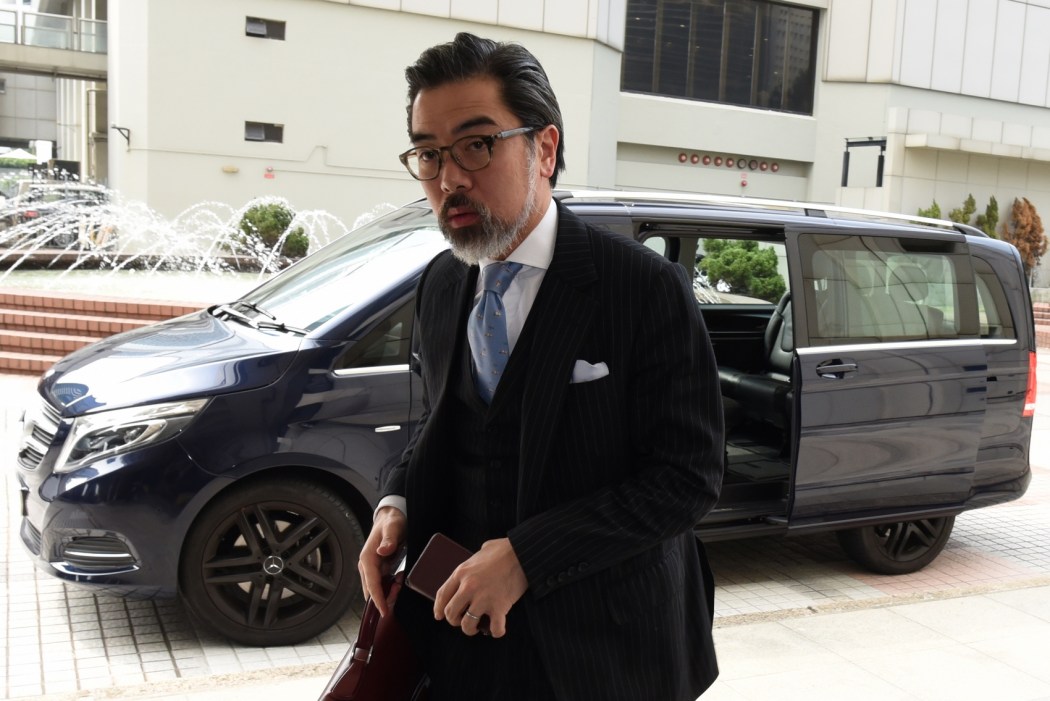A Hong Kong university student jailed for five years under the national security law will take his case to the city’s top court.

Lui Sai-yu, who pleaded guilty to inciting secession, is seeking to challenge a lower court’s decision after it denied him a one-third jail term reduction despite his guilty plea. Normally, sentences are shortened by a third when a defendant admits to committing the offence.
The 26-year-old, who was a first-year student at the Hong Kong Polytechnic University at the time of his prosecution, attempted to challenge the sentence at a lower court, the Court of Appeal. That bid was shot down in November.
Minimum sentence debate
Lui was jailed in April for inciting secession over selling weapons on messaging app Telegram, on which he was said to have advocated Hong Kong independence in his posts.

District Court judge Amanda Woodcock said his offence was of a “serious nature,” therefore warranting a sentence of at least five years, but no more than ten years.
She initially took a starting point of five years and six months, but considering his plea, took one-third off the jail term to arrive at three years and eight months.
The prosecution then argued that given the offence was deemed “serious,” the sentence should not fall below the minimum of five years. Woodcock then walked back the original sentence to deliver a jail term of five years.
Defendant ‘highly cooperative’
This marks Lui’s second attempt to challenge the sentencing. In October, he appeared before a panel of judges at the High Court to seek leave to appeal.

Representing Lui, Senior Council Edwin Choy cited Article 33 of the national security law, which states that a lighter penalty may be imposed under circumstances including if the defendant “voluntarily surrenders himself or herself and gives a truthful
account of the offence.”
Choy said Lui had been “highly cooperative from the get-go” and had “come clean.”
In dismissing Lui’s leave to appeal application, the court said the “ultimate sentence cannot go below the mandatory minimum of five years’ imprisonment,” the duration spelled out in Article 21 for offences of a “serious” nature.

“Local sentencing laws on mitigation can apply only if they do not compromise the primary purpose [of the national security law],” the court ruled, adding that the purpose was to prevent, suppress and impose punishment for national security offences.
In June 2020, Beijing inserted national security legislation directly into Hong Kong’s mini-constitution – bypassing the local legislature – following a year of pro-democracy protests and unrest. It criminalised subversion, secession, collusion with foreign forces and terrorist acts, which were broadly defined to include disruption to transport and other infrastructure.
Prior to the sentencing, Lui was denied bail and had already spent around 19 months in detention since his arrest in September 2020.
Support HKFP | Policies & Ethics | Error/typo? | Contact Us | Newsletter | Transparency & Annual Report | Apps
Help safeguard press freedom & keep HKFP free for all readers by supporting our team
























